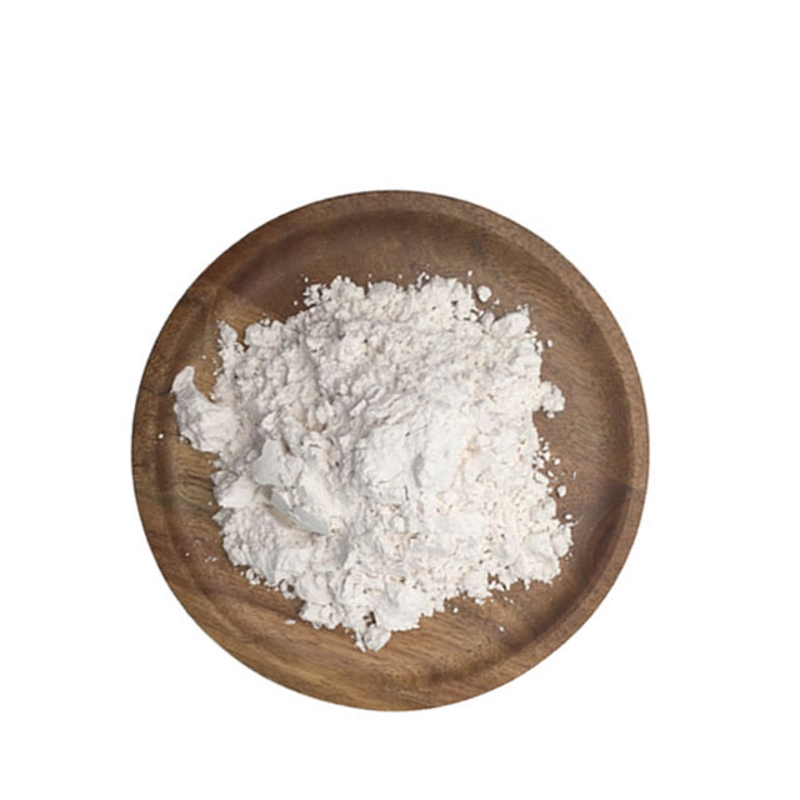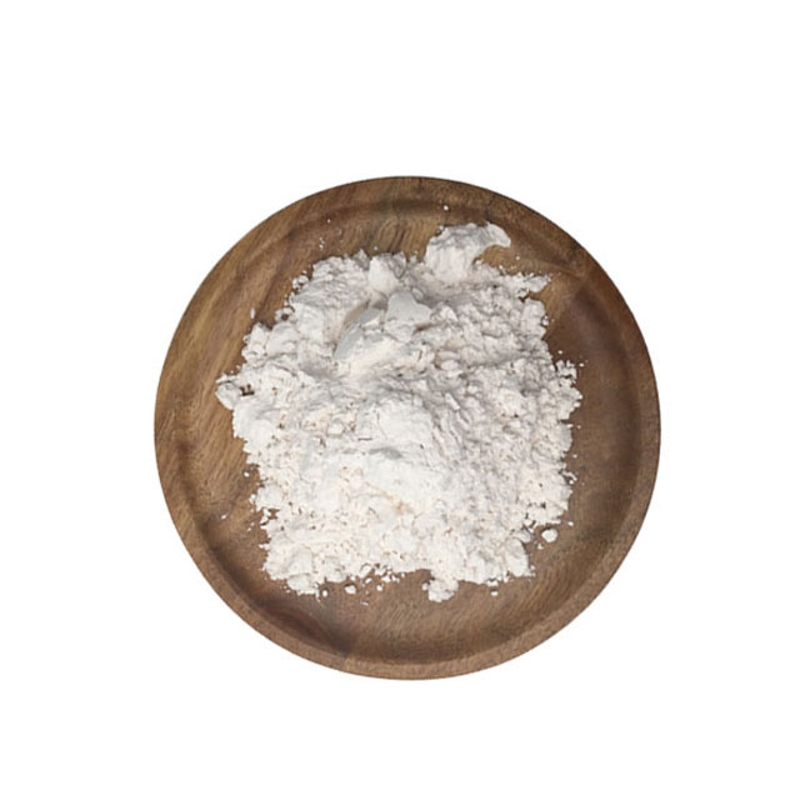-
Categories
-
Pharmaceutical Intermediates
-
Active Pharmaceutical Ingredients
-
Food Additives
- Industrial Coatings
- Agrochemicals
- Dyes and Pigments
- Surfactant
- Flavors and Fragrances
- Chemical Reagents
- Catalyst and Auxiliary
- Natural Products
- Inorganic Chemistry
-
Organic Chemistry
-
Biochemical Engineering
- Analytical Chemistry
- Cosmetic Ingredient
-
Pharmaceutical Intermediates
Promotion
ECHEMI Mall
Wholesale
Weekly Price
Exhibition
News
-
Trade Service
Guillain-Barre syndrome (GBS) is a rare condition in which the body's own immune system attacks its peripheral nerves.
Guillain-Barre syndrome (GBS) is a rare condition in which the body's own immune system attacks its peripheral nerves.
People of all ages can suffer from GBS, but it is more common among adults and men.
Most GBS patients recover completely even in the most severe cases.
For some severe G patients, using a standard dose (2g/kg) of intravenous immunoglobulin therapy is not enough.
Worldwide, about 25% of critically ill patients are given a second dose of intravenous immunoglobulin (SID).
Lancet
In this randomized, double-blind, placebo-controlled trial (SID-GBS), researchers included patients with Guillain-Barré syndrome (≥12 years old) admitted to 59 centers in the Netherlands.
According to the revised Erasmus Guillain-Barré syndrome result score, patients with poor prognosis (score ≥ 6) were randomly assigned to SID (2g/ kg, 5 days) or placebo.
From February 16, 2010 to June 5, 2018, a total of 327 patients who passed the evaluation were included.
Overall, compared with the placebo group, the adjusted HR for the improvement of the Guillain-Barré syndrome disability score at 4 weeks in the SID group was 1.
Compared with the placebo group, the adjusted HR for the improvement of the Guillain-Barré syndrome disability score at 4 weeks in the SID group was 1.
For this reason, the researchers pointed out that due to the poor prognosis, a second course of intravenous immunoglobulin should not be considered for the treatment of GBS.
Due to the poor prognosis, the second course of intravenous immunoglobulin should not be considered for the treatment of GBS.
The study did not provide evidence that patients with Guillain-Barré syndrome with a poor prognosis can benefit from a second course of intravenous immunoglobulin; in addition, it also carries the risk of serious adverse events.
references:
Walgaard C, et al.
Second intravenous immunoglobulin dose in patients with Guillain-Barré syndrome with poor prognosis (SID-GBS): a double-blind, randomised, placebo-controlled trial.
Lancet Neurol.
2021 Apr;20(4):275-283.
doi: 10.
1016 /S1474-4422(20)30494-4.
Leave a message here







